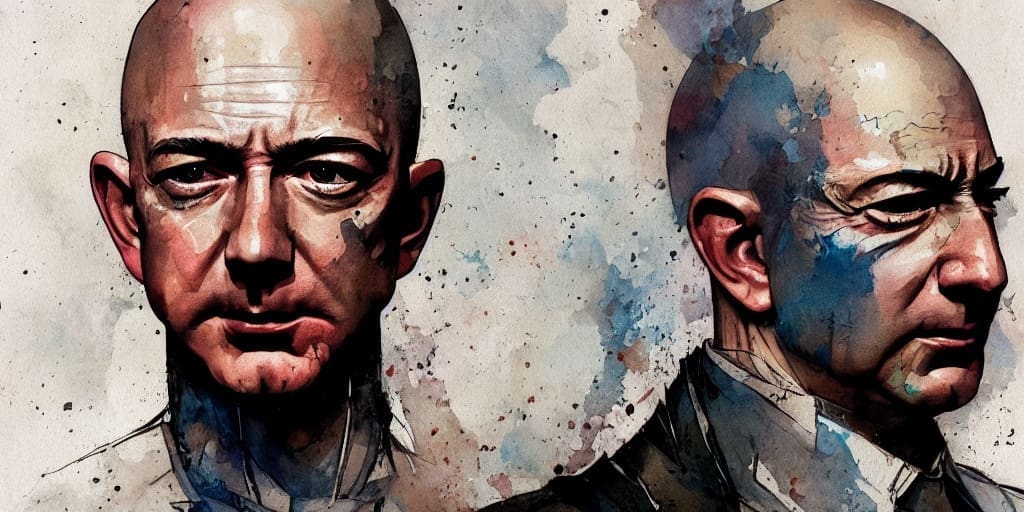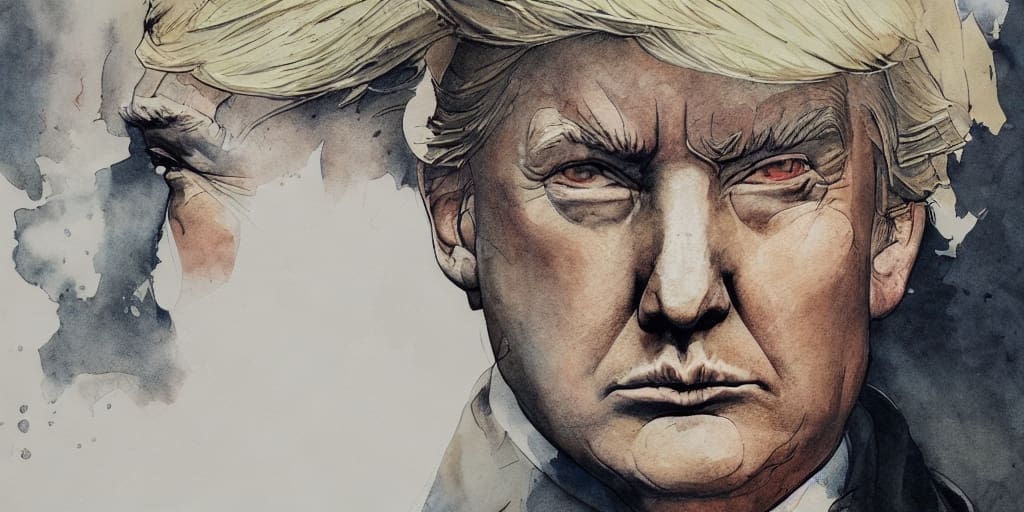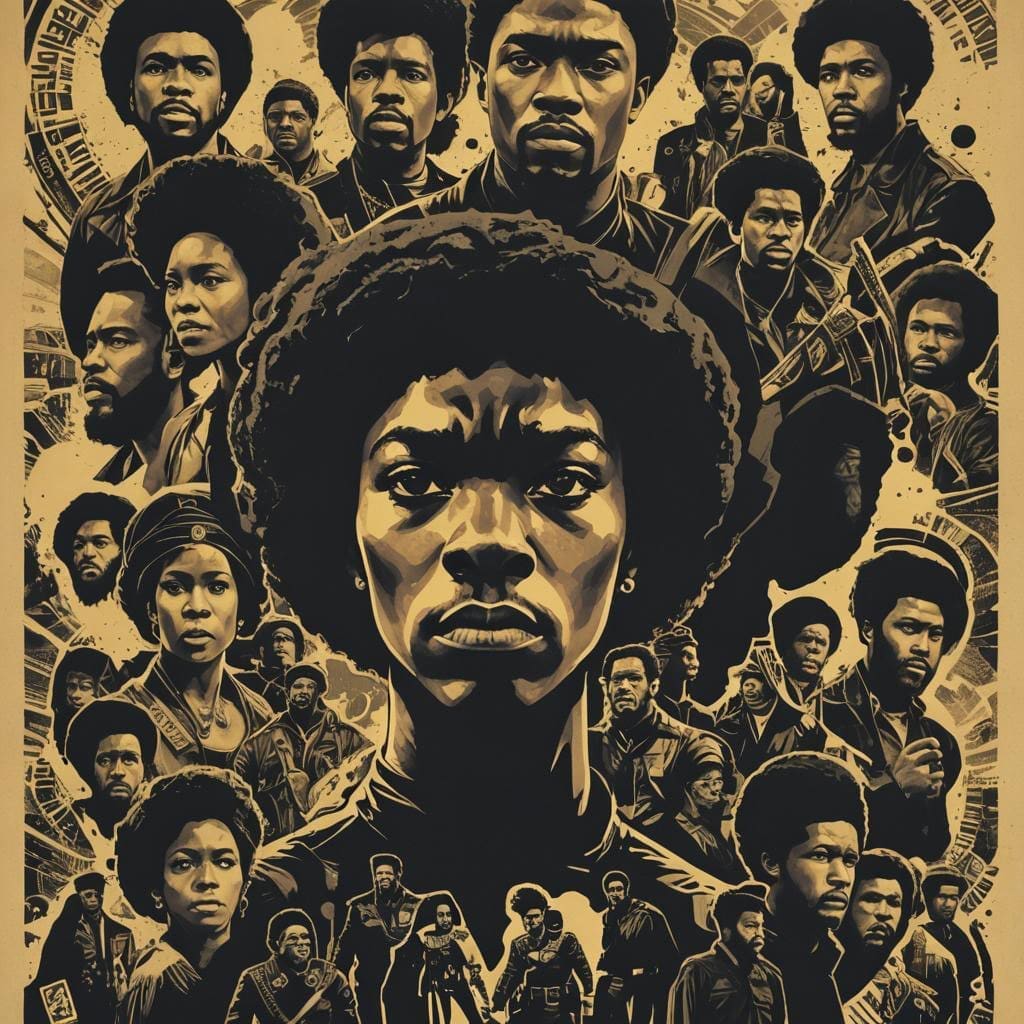Billionaires and Their Influence
In an age of unprecedented wealth accumulation, the question of whether billionaires wield disproportionate power over our world is one that deserves our thoughtful consideration. Are these individuals, with their vast fortunes and influence, effectively running the show? The answer, as one might expect, is a nuanced one.

Table of Contents
How Billionaires Influence Us
To start, it’s crucial to acknowledge that the concentration of wealth has reached staggering heights in recent years. According to Forbes, the number of billionaires worldwide reached a record 2,640 in 2023, with their combined wealth surging to over $12.2 trillion (this has shrunk noticeably, falling by around $500 billion since last year). This level of economic power is difficult to comprehend, and it naturally leads to concerns about the potential for billionaires to shape the world according to their own interests.
One key aspect of this debate revolves around political influence. It’s no secret that many billionaires have been deeply involved in politics, funding campaigns and lobbying for policies that align with their interests. This involvement has raised questions about the integrity of our democratic systems. When a handful of individuals can inject enormous sums of money into the political process, it can undermine the principle of “one person, one vote.”

The World of Politics
Take, for example, the 2010 Citizens United decision by the U.S. Supreme Court, which allowed unlimited corporate and union spending in elections. This ruling effectively opened the floodgates for billionaire donors and super PACs, further skewing the political landscape in favor of the ultra-wealthy. It’s not an exaggeration to say that this decision altered the trajectory of American politics, amplifying the influence of billionaires and large corporations.
However, attributing the dominance of billionaires solely to political contributions oversimplifies the issue. Their influence extends far beyond the realm of politics. In the business world, billionaires can dictate the direction of entire industries. Amazon’s Jeff Bezos, for instance, has fundamentally transformed the retail landscape and, by extension, the way we shop. Elon Musk’s innovations at Tesla and SpaceX have the potential to reshape transportation and space exploration. These individuals hold immense power to shape the future of technology and commerce.

What They Can and Can’t Influence
Yet, it’s crucial to recognize that not all billionaires are alike. Some have shown a commitment to philanthropy and social causes, redistributing their wealth for the greater good. Warren Buffett and Bill and Melinda Gates, through their Giving Pledge, have pledged to donate the majority of their wealth to charitable endeavours. While this doesn’t absolve the broader issue of wealth inequality, it highlights the complex nature of billionaire influence.
Moreover, it’s important to acknowledge that not all societal problems are directly tied to billionaire influence. Income inequality, for example, is a deeply ingrained issue rooted in systemic factors such as taxation policies, wage disparities, and access to education. Blaming billionaires alone for income inequality oversimplifies the issue and fails to address the broader structural problems.
So, do billionaires run the world? The answer is more intricate than a simple yes or no. Billionaires undoubtedly exert a substantial influence over various aspects of our society, from politics to technology. However, their level of control varies, and it’s essential to recognize that not all billionaires use their power in the same way.

Concerns Surrounding Billionaire Influence
To address the concerns surrounding billionaire influence, there are several steps we can consider:
1. Campaign Finance Reform: Implement stricter campaign finance laws to reduce the influence of money in politics. This could include limits on individual contributions, transparency requirements, and public funding options.
2. Wealth Taxation: Introduce progressive wealth taxes to address wealth inequality and fund social programs. Countries like Sweden and Norway have successfully implemented such taxes to mitigate inequality.
3. Corporate Accountability: Promote corporate responsibility by holding companies accountable for their actions. Encourage greater transparency, ethical business practices, and responsible corporate governance.
4. Education and Awareness: Raise public awareness about the role of billionaires in society and their impact on various sectors. Encourage informed discussions and civic engagement on these issues.
5. Philanthropic Accountability: Encourage billionaires to commit more of their wealth to philanthropic endeavours and ensure that their charitable efforts align with broader societal needs.

Are They in Charge?
The question of whether billionaires run the world is a complex one, and the answer varies depending on the context. While they undoubtedly wield significant influence, it’s important to avoid painting all billionaires with the same brush and to focus on addressing the underlying issues of wealth inequality and political corruption. By implementing reforms and encouraging responsible use of wealth, we can move towards a more equitable and just society.
Browse 3500+ Books in Our PromisesBooks Bookshop
Discover more from PEN vs SWORD
Subscribe to get the latest posts sent to your email.

















































What do you think?